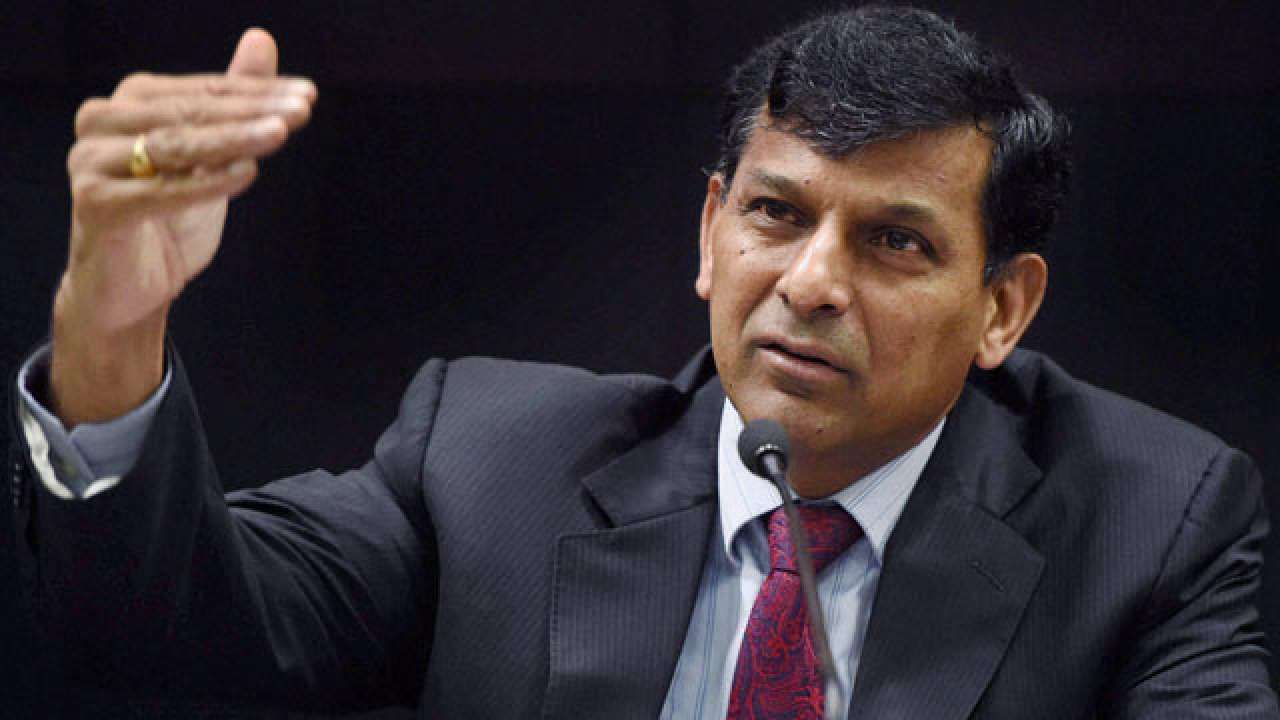
Raghuram Rajan calls COVID India's greatest emergency since 1947
Describing the COVID-19 pandemic as the country's ‘greatest emergency since independence’, former Reserve Bank of India (RBI) chief Raghuram Rajan has urged the prime minister to prioritise spending on the poor.

Describing the COVID-19 pandemic as the country’s ‘greatest emergency since independence’, former Reserve Bank of India (RBI) chief Raghuram Rajan has urged the prime minister to prioritise spending on the poor.
In his latest blogpost published on Monday (April 6), Rajan said even though the government has limited resources, spending on the poor is the right thing to do.
“Unlike the United States or Europe, which can spend 10% more of GDP without fear of a ratings downgrade, we already entered this crisis with a huge fiscal deficit, and will have to spend yet more,” he says.
Post-lockdown advice
Stressing that the government’s next focus should be on the post-lockdown situation, Rajan says India should ensure that the poor and the non-salaried lower middle class who couldn’t work during the lockdown period survive its effect.
“The states and Centre should join hands to chalk out a combination of public and NGO provision (of food, healthcare, and sometimes shelter), private participation (voluntary moratoria on debt payments and a community-enforced ban on evictions during the next few months), and direct benefit transfers that will allow needy households to see through the next few months,” Rajan wrote in his post on Linkedin.
He also warned that people will violate the lockdown to get back to work if they cannot survive otherwise.
Related news | Indian economy risks contraction due to COVID lockdown: Report
‘Right resolve and priorities’
Rajan said that the COVID-19 pandemic had affected jobs and businesses more than the 2008-09 financial crisis.
“India can take control over the situation and set the stage for a better future with the right resolve and priorities,” he said.
About the lockdown extension, he said that it will be hard to lock down the country entirely for a much longer period, and the government should think of ways to restart certain activities in certain low-infection regions with adequate precautions.
Rajan is also of the opinion that the government should reach out to members of the opposition who have had experience in handling financial crisis.
What RBI can do
The former RBI chief who also served as chief economist at the International Monetary Fund (IMF), said that non-performing assets (NPAs) would mount, including in retail loans with rising unemployment.
“The RBI has flooded the banking system with liquidity, but perhaps it needs to go beyond. For instance lending against high quality collateral to well-managed NBFCs,” he said.
The RBI should consider imposing a moratorium on financial institution dividend payments so that they build capital reserves.
He said a ratings downgrade coupled with a loss of investor confidence could lead to a plummeting exchange rate and a dramatic increase in long term interest rates in this environment, and substantial losses for financial institutions.
“So we have to prioritise, cutting back or delaying less-important expenditures, while refocusing on immediate needs,” he said.
Related news | Oil prices fall as doubts grow over output cut deal

